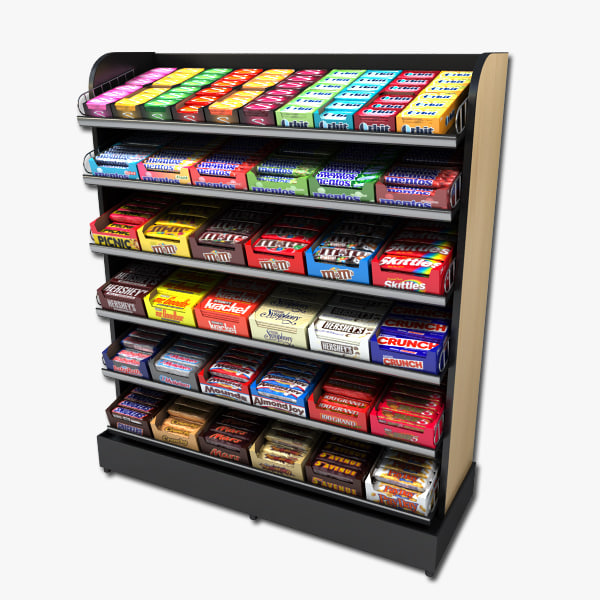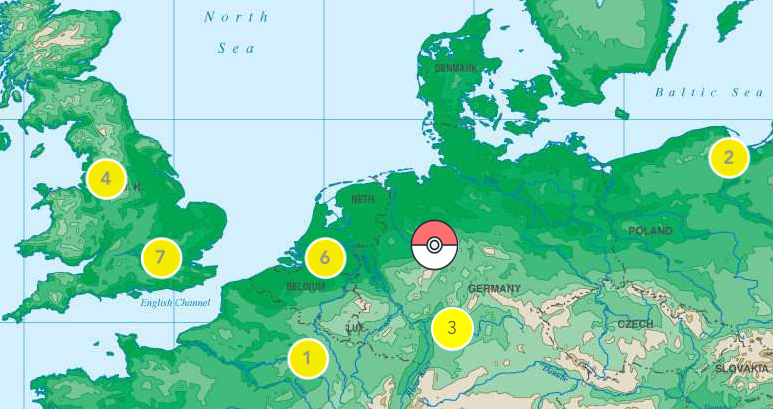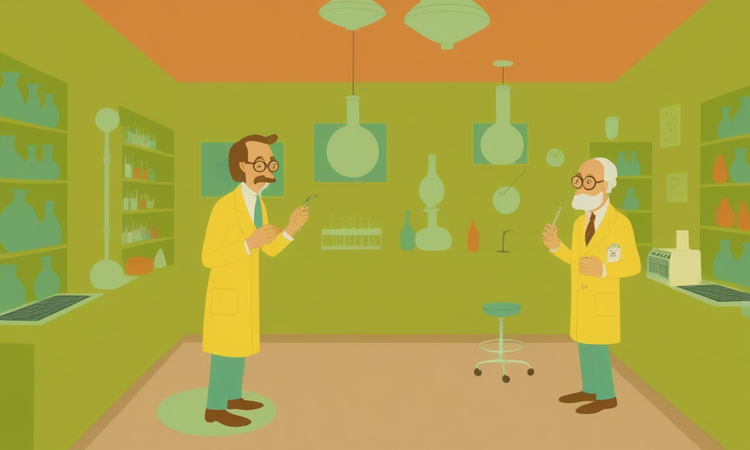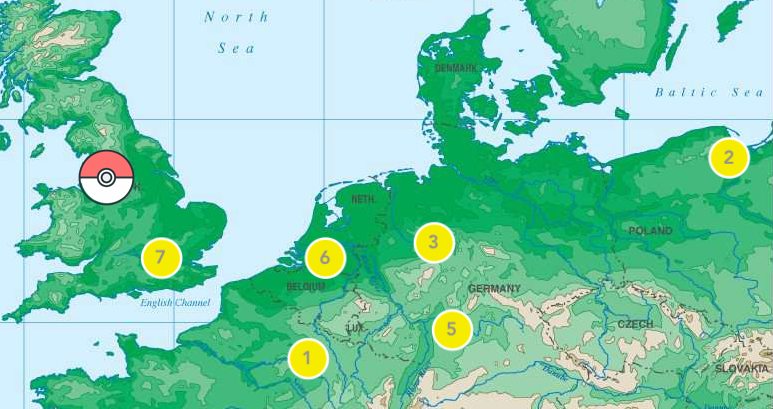Smart People Want to be Smart
That phrase is my generalizable take on an adage I heard once while working on a medical education project. In that context, my team was doing field research with orthopedic surgeons, and I was having a hard time understanding why so many of them were defaulting to a complicated, somewhat risky surgery when there was an equally effective therapeutic intervention available. Among the team were two medical students, and in the midst of my incredulity, one of them looked at the other knowingly and said, “Surgeons gotta surge.”
Point taken: surgeons endure years of rigorous training, conditioning their minds and bodies to develop a harmony between a deep conceptual understanding and a highly tuned fine motor skill. They want to apply that unique expertise, hone those skills, and continue to grow in their craft. The only way for them to do that is, well, to surge.
Surgeons aren’t alone in that desire. (Well, maybe in the desire to perform surgery) Anybody who has devoted years of their time and energy to developing a certain expertise wants the same, whether that’s tailoring a fine suit or drafting a Middle East Peace Plan. Metaphorically, we craft these exquisite hammers, so naturally we want to find lots of nails.
There are two lessons there for product & service designers:
1. The solution that we find most appealing may not necessarily be the best solution. It might be the most fun to develop, or the most demanding; that doesn’t make it the right one.
2. From a slightly different perspective, we design products & services for people - people who often derive a sense of satisfaction and esteem from their areas of expertise. Too often, we want to design away their ability to apply expertise in the interest of their ability to experience ease.
The first point is fairly obvious to anybody who has been in the field for any amount of time. It’s the second one that I don’t think gets enough play. The pursuit of ease is often far easier to define and measure than the pursuit of excellence or accomplishment, yet that’s what so many of our best products & services do for us - even the ones that also provide some level of ease.
To use a common example, grocery delivery services like Google Express or Amazon Fresh do, in fact, achieve a kind of ease in the way that we acquire our groceries. They can save us time by integrating the work of creating the shopping list with the work of actually doing the shopping...and that’s all great. That may even be the point of entry for why someone starts to use the service in the first place, but there’s still some friction to it - I don’t know anyone who can completely avoid going to the shops by getting everything delivered (except Soylent Bros, about whom the less said here the better...I really mean I don’t know anyone who has a healthy diet who can avoid the shops). If you’re going to the shops anyway, why keep up the delivery service? It’s the combination of the ease of the service + the sense of being a better adult by defining intent, planning, and executing on it. It is actually easier to just walk into a store and buy whatever our hunger pangs demand at a particular moment. The delivery service is a delayed gratification that rewards us for being intentional.

Get behind me Satan
The grocery store plays on our worst instincts by luring us into making the easy, unhealthy decisions (if not bad service design, at least questionably ethical service design), while the delivery service appeals to a sense of virtue around patience and deliberateness. We feel better about ourselves for doing it, and we may even be making ourselves better.
This is critically important for education products. There are so many product metrics that fall apart when you realize that your product is meant to frustrate and challenge the user sometimes, that it’s not always about finding ease & efficiency (And, of course, that doesn’t mean everything should be challenging & frustrating & hard...just that we have to be deliberate about what merits it & why). To play 3-dimensional chess with this one, it becomes even more vital when designing products to support educators - products that want to transform them into robots, behavior monitors, test proctors, and so on are going to have some pretty high barriers to uptake. Our best products and services allow humans to be more human and do the things that humans do uniquely well - make powerful and novel associations, engage in rigorous inquiry, call out the greatness in others.
This, by the way, was not the solution for the surgeons. We managed to crack the nut of how to get them to adopt the non-surgical technique: they could learn to do the diagnostic and ongoing assessment, and then they “task shifted” the actual intervention to someone less skilled, thus freeing the surgeons’ time up for more complicated cases. After all, surgeons gotta surge.
A couple fun articles I’ve read lately…
- If bell hooks Made an LMS - spoiler: they conclude she wouldn’t. I did, however, appreciate their articulation of the way that we can look at technology in education from a fundamentally different paradigm (h/t to Laurel Staab)
- The Hottest Chat App For Teens… - if you haven’t read this already, you’re not going to guess it. File under: the kids are alright.





